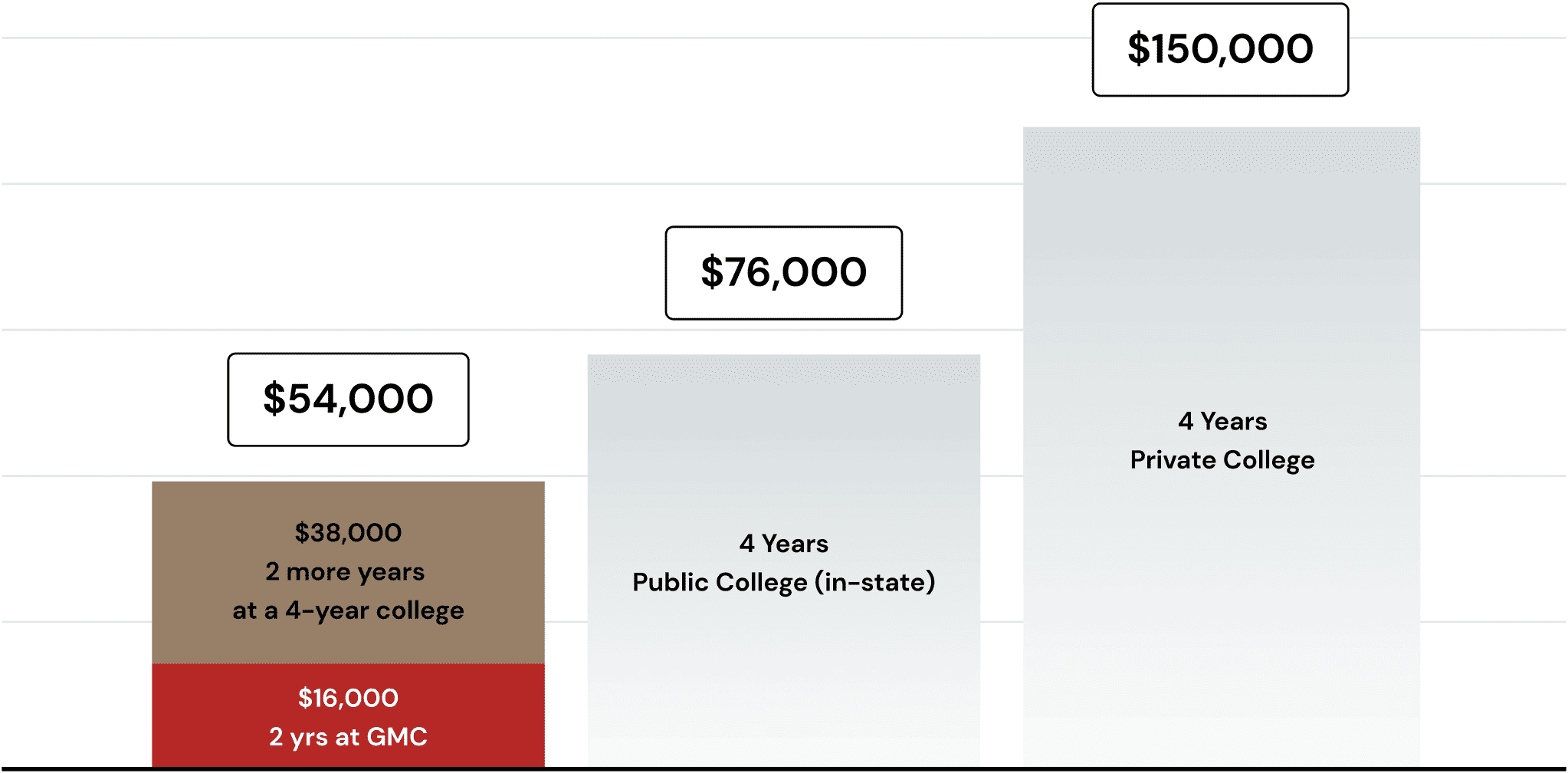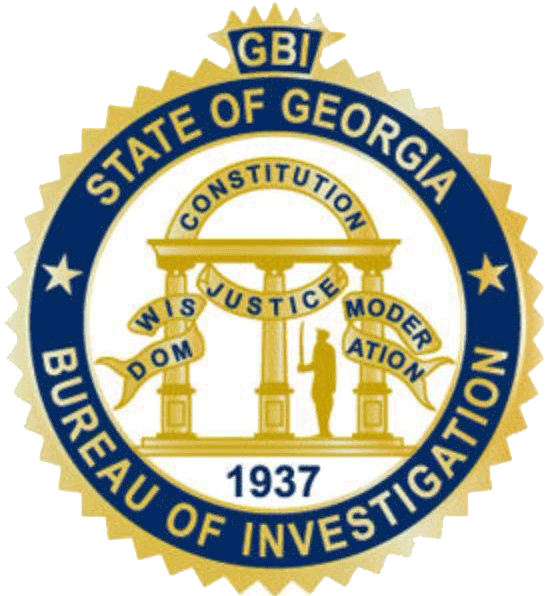100% Online Degree
Homeland Security & Emergency Management Bachelor’s Degree
An affordable bachelor’s degree program to prepare for a career in criminal justice, public safety, crisis management, homeland security, and terrorism prevention.
Talk to an Enrollment Coach
Online
Bachelor’s Degree in Homeland Security & Emergency Management
The Bachelor of Applied Science in Homeland Security Program provides foundational knowledge and exposure to the Emergency Management field. Students will explore a variety of areas within this discipline, including the four phases of emergency management, terrorism in emergency management, as well as interagency disaster management. This concentration is designed for students seeking entry-level exposure to the emergency management field, as well as for professionals in industries such as fire science, homeland security, and EMT administration who are seeking to bolster their emergency management background. Coursework includes several areas from criminal justice, public safety, crisis management, homeland security, and terrorism prevention. Students with an AAS in Criminal Justice, or an equivalent degree, can go directly into this program.
Estimated Annual Cost: $8,280
Cost estimate based on enrollment in 45 annual quarter hours with current Tuition and Fees. Cost includes fees for textbooks and materials.
Learn more about Bachelor of Applied Science Degrees >
Career Paths
What You Will Learn

Demonstrate knowledge of historical, contemporary, and emerging issues within the field of Homeland Security.

Demonstrate an understanding of the inter and intra-agency collaborative relationships between local, state, and federal governments with the Department of Homeland Security.

Identify, analyze, and evaluate intelligence data and information from various domestic and international sources.

Demonstrate knowledge of the constitutional, ethical, and legal principles in the field of Homeland Security and Emergency Management.

Demonstrate an understanding cybersecurity that includes federal networks, critical infrastructure, cybersecurity governance, cyber security threats, and how these threats relate to Homeland Security demonstrate effective interpersonal communication skills.
Leadership. Character. Civility.
Attending GMC is about more than just earning a degree. We prepare our graduates to stand out in the world by teaching leadership skills, character education, and ethics. GMC grads have the grit and determination to be successful in an ever-changing job market.
See How GMC Builds CharacterWhy pay more for the same degree?
Thanks to our Transfer Agreements, GMC Online students can take their college credits with them to dozens of other colleges and universities. Why pay more for core curriculum when you take the same accredited courses at GMC Online for less, and then transfer to the four-year college of your choice? Here’s a cost comparison:

“My GMC Online Enrollment Coach really believed in me, and pushed me to want to do better for myself… One year later, I found myself with a degree and two jobs. I was very quickly able to get myself a new car, put my son in a better school, and eventually buy myself a house. I became an all-around happier and healthier person thanks to GMC Online.”
Recent Grads
Concentration Courses
This course introduces best practices for emergency services. Students will understand the history of how we have handled emergencies, and what we have learned from those situations to better prepare for future crises. It provides an overview of the various agencies and their strategies of mitigation, planning, response, and recovery.
This course will provide students with knowledge regarding terrorism, terroristic behavior, and how to respond appropriately. Students will understand policy within the Department of Homeland Security and FEMA, and how these policies relate to proper attack response, avoiding, and preventing attacks.
This course examines cybersecurity, including federal networks, critical infrastructure, cybersecurity governance, the importance of cybersecurity against Homeland Security threats, and how these threats relate to Homeland Security. Students will learn technologies employed in cybersecurity.
This course provides an overview in public policy and law related to public service and the Homeland Security Emergency Management field.
This course examines legal precedent involving cybercrime. Students will understand the basic steps necessary to identify cyber threats against the homeland, and how to properly investigate cyber-attacks. 5 hours.
This course will examine proactive approaches in defending the homeland against bioterrorism. The course will also examine ways to respond to bioterrorism, including the identification of the major biological agents, their prevention, control, and treatment.
This course examines the intelligence system, and the intelligence process. Students will be taught problem- solving skills in the intelligence community.
This course investigates the process of radicalization, and the role it plays in violent extremism and homeland security.
This course examines the geopolitical environment in Europe, which include NATO and the European Union in the post-Soviet era, and how the political situation relates to United States policy and Homeland Security.
Students will apply theories, techniques, and skills learned in the B.A.S. Homeland Security degree. Students will be given a set of facts that will be analyzed and applied based on the content within the degree. This course will be the last course taken in the degree program
Hiring Partners
GMC is fortunate to have partnerships with a wide range of businesses who hire our graduates. Here are a few of our partners:







Frequently Asked Questions
About This Program
The Bachelor of Applied Science in Homeland Security Program provides foundational knowledge and exposure to the Emergency Management field. Students will explore a variety of areas within this discipline, including the four phases of emergency management, terrorism in emergency management, as well as interagency disaster management. This concentration is designed for students seeking entry-level exposure to the emergency management field, as well as for professionals in industries such as fire science, homeland security, and EMT administration who are seeking to bolster their emergency management background. Coursework includes several areas from criminal justice, public safety, crisis management, homeland security, and terrorism prevention. Students with an AAS in Criminal Justice, or an equivalent degree, can go directly into this program.
Degree Program Coordinator
Christy Musgrove, cjames@gmc.edu
Program Benefits
The field of Homeland Security is varied, incorporating jobs ranging from disaster preparedness to terrorism. The Department of Homeland Security is one of the largest Federal agencies, employing over 183,000 workers – this does not include state and local support staff nor does it include homeland security jobs in the private sector. Those students receiving an associate degree in homeland security will be prepared for employment with state and local emergency management agencies, private security firms, law enforcement agencies, corrections, and the Transportation and Safety Administration (TSA). Employment requiring a minimum of a bachelor’s degree would include: cyber security professional, intelligence analyst, air marshals, Drug Enforcement Administration (DEA), Immigration and Customs Enforcement (ICE), and the Federal Bureau of Investigation (FBI).

Cost for the Degree
Average Annual Cost for this Degree:
$8,280

Earn Rewards for Referring Students to GMC Online
Do you know someone who would be a perfect fit for GMC Online?
Introducing our Exclusive Referral Program! By simply connecting us with individuals who are ready to pursue their college degree, you can earn generous rewards.
Pocket up to $175 for every new student you refer.
Click the button below to learn more about our rewarding Referral Program.
Refer a Friend
*Referral Verification Disclaimer: All referrals are subject to a thorough verification process to confirm their authenticity. GMC Online retains the right to withhold gift cards if any referral appears suspicious or violates our program guidelines. This is crucial in preventing fraud and maintaining the integrity of our program.
*Terms & Conditions: This program applies solely to individuals referred to the GMC online campus and does NOT include GMC employees or those who have previously been referred to our institution. The referral program officially launched on June 23, 2023. Please note that referrals made before this date will not be eligible for rewards.
Academic Excellence.
Since 1879.
We’ve been educating bright minds for well over a century. That’s why a degree from GMC means more than just a great education. It means success.

